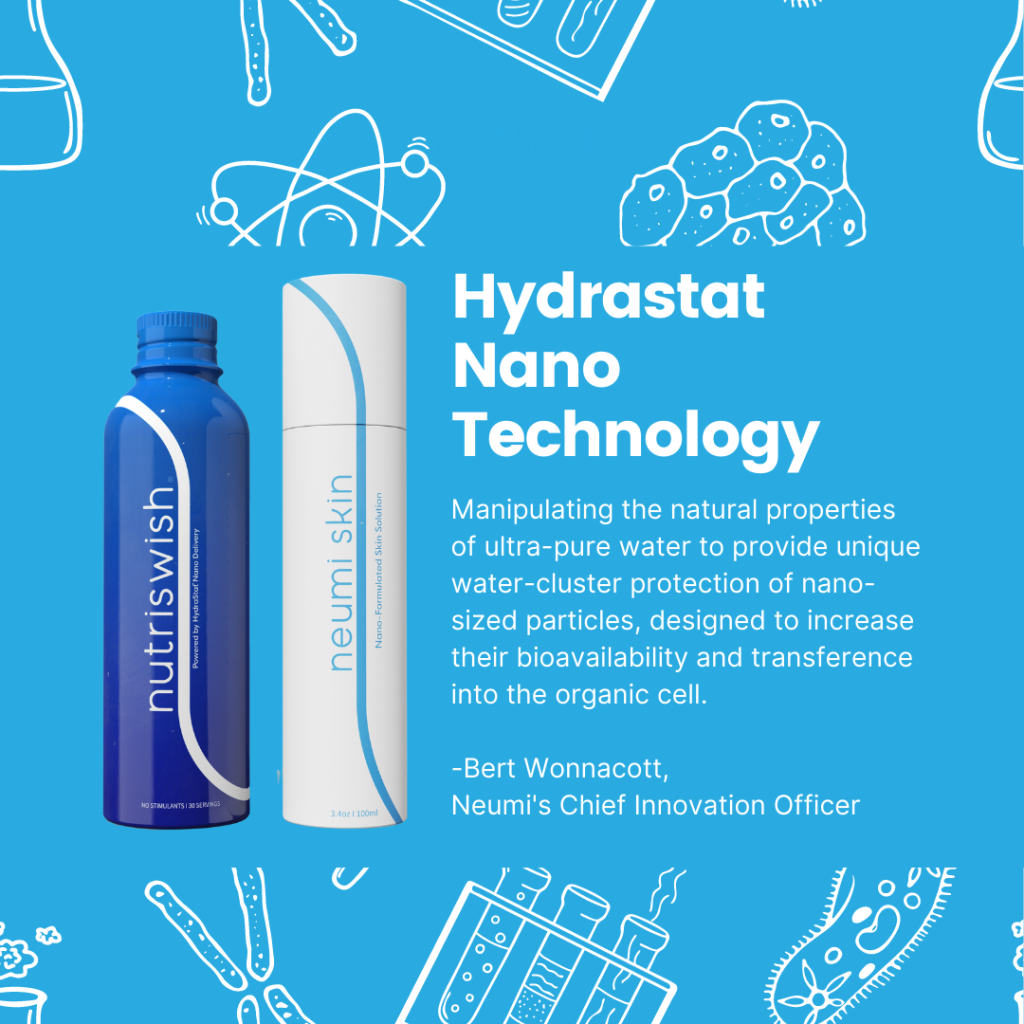National Media Network Coalition | Latest News
- Support the Legacy of Talking with Heroes
- Watch Bob Calvert Founder TalkingwithHeroes & ThankYouforYOURService 2018 plans
- Watch RET. Army SFC William Wischnewsky 20+ Years Owner Lightning Graphics in Columbus, GA
- Watch Army Soldier Angie DiMattia, USA Ms. Colorado 2019, Helping other Soldiers
- Watch * Military & Veterans Groups Meet & Greet & Shout out to Troops
- Jim Lorraine Air Force Vet & American Warriors Partnership CEO closing remarks at Symposium
- Watch Leah Taylor, Karl Hammer, Ph.D., Phillip N. Smith, Ph.D., Darnell Hartwell, Jarrad Turner
- Watch Jim Lorraine, Jon Scott FOX News Melissa Comeau, Josh Goldberg, David Gowel, Amy Looney
Neumi is
Glutathione is a powerful antioxidant that plays a crucial role in protecting your body from oxidative stress and strengthening your immune system. This essential nutrient is found in every cell in your body and is involved in a wide range of important functions. In this article, we’ll explore the many benefits of glutathione and how it can help you maintain optimal health.
What Is Glutathione?
Glutathione is a tripeptide molecule made up of three amino acids: cysteine, glycine, and glutamic acid. It is produced naturally by the body and is found in high concentrations in the liver, where it plays a key role in detoxification. Glutathione also acts as a powerful antioxidant, helping to protect your cells from damage caused by free radicals and oxidative stress. Additionally, glutathione is involved in many other important functions in the body, including DNA synthesis, protein synthesis, and immune system regulation.
How Does Glutathione Boost the Immune System?
Glutathione plays a crucial role in supporting the immune system by helping to protect immune cells from damage caused by free radicals and oxidative stress. It also helps to regulate the production and activity of immune cells, including T cells and natural killer cells, which are important for fighting off infections and diseases. Additionally, glutathione helps to enhance the effectiveness of other antioxidants in the body, such as vitamin C and vitamin E, which also play important roles in supporting the immune system
The Benefits of Glutathione for Overall Health.
It helps to detoxify the body by removing harmful toxins and heavy metals, supports liver function, and helps to reduce inflammation. Glutathione has also been linked to improved skin health, as it helps to reduce the appearance of fine lines and wrinkles and improve skin elasticity. Additionally, it may help to improve athletic performance by reducing muscle damage and fatigue.
How to Increase Glutathione Levels in Your Body.
There are several ways to increase glutathione levels in your body, including consuming foods that are rich in glutathione precursors such as sulfur-containing amino acids (cysteine, methionine, and glycine), vitamin C, and selenium. You can also take glutathione supplements or use glutathione creams and patches. Additionally, engaging in regular exercise, reducing stress, and getting enough sleep can also help to boost glutathione levels in your body.

